How to replace dishwasher salt?
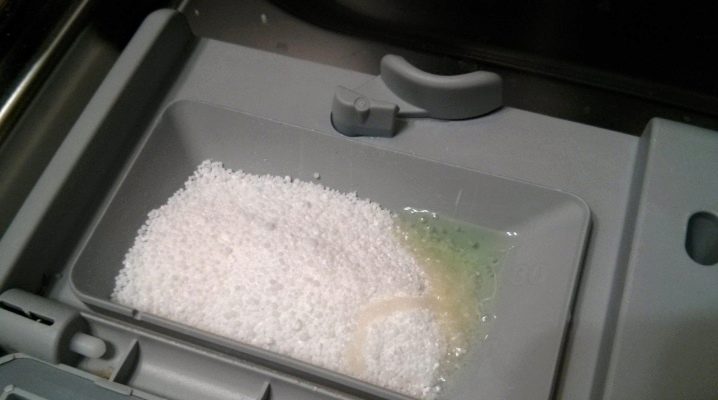
The dishwasher is connected to the water supply. Installing a filter is not always realistic, and this procedure is expensive. Therefore, PMM manufacturers install ion exchangers that soften the water. For correct operation, you need a special salt. It is impossible to use a dishwasher without it at all, but there are available analogues.
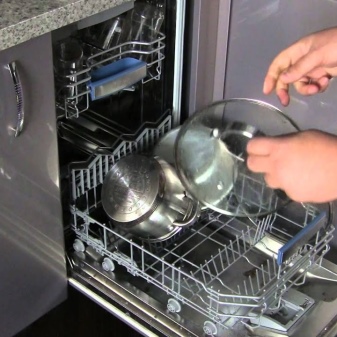
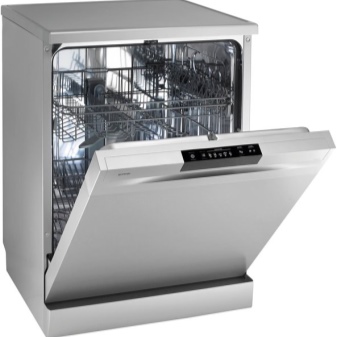
Can I add regular salt?
Initially, a resin with sodium ions is present in the ion exchanger. The substance attracts calcium and magnesium, which prevents the formation of scale on the heating element. Resin loses its resources over time.
Salt allows the substance to recover and continue its work. The product is poured into a specific compartment according to the instructions. Salt is consumed depending on the hardness of the water. If the liquid is almost not contaminated, then the portion is enough for several months, and sometimes only for a couple of sessions.
Special salt is different from edible salt granule size and degree of purification... There are no impurities in the product, so it leaves no residue. The special salt is 98% sodium chloride (NaCl). The remaining 2% includes polyaspaginate, which recovers and retains the ions in the resin. You can replace expensive dishwasher salt. Edible salt, grade "Extra" is usually used.
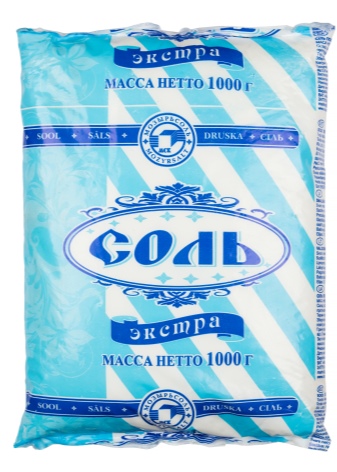
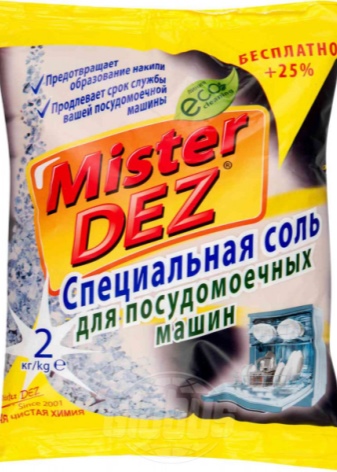
The peculiarities of the food product are that it has no clear standard. Granules may vary in size, appearance and color. The latter depends on the degree of purification. The gray is more polluted and the white is cleaner. The food product has 2-4% impurities. Among other things, there are the very substances that the ion exchanger filters out. Impurities from contaminated salt remain inside the compartment and filter and harm the internal elements of the dishwasher.
You can use table salt, but it is better to choose fine granules of the "Extra" variety. The product should be white, without any additional substances. Sea salt cannot be used at all, it contains about 80 impurities. Such a product is not cleaned, in factories it is only packaged in packages.
Regular edible salt can be used as an emergency option. The dishwasher will not be affected by a couple of uses.
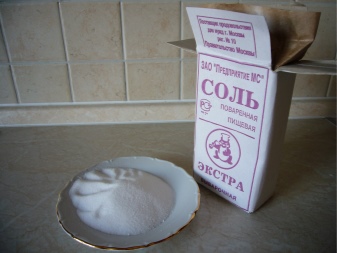
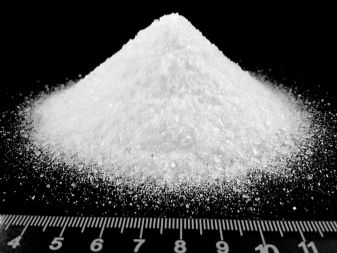
However, frequent use or complete replacement of a specialized product is not recommended.
"Extra" variety suits better than others... However, it is worth choosing the highest quality option, because the degree of cleaning may depend on the manufacturer. The disadvantage is the small size of the granules. They quickly dissolve, and after getting wet they turn into stone.
There is a simple way to determine the degree of purification of the salt. The product should be diluted in water in a 1: 1 ratio. If the concentrated solution is clear, then the product is dishwasher-safe. It is worth abandoning the use of salt if the water turns out to be cloudy, with sediment.
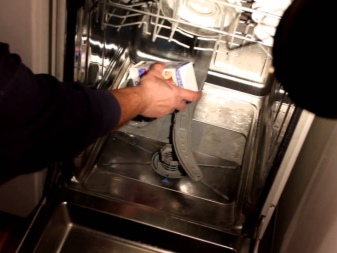
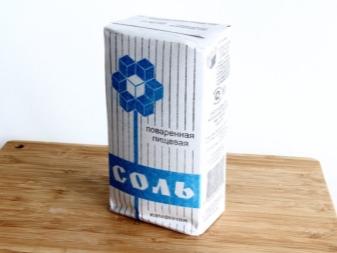
What else can you use?
It is possible to replace expensive special salt with more affordable and safer analogs. When choosing, you should focus on personal convenience. A simple option would be salt in filter tablets. The same product is used for swimming pools. It has its own characteristics.
- Tableted salt is sold in packs of 25 kg. You can buy the product in stores that are associated with water purification equipment. The cost is quite reasonable.
- The tablets are small in size and fit easily into the salt compartment. You can fill the entire container and use the dishwasher. However, stocks will need to be replenished more frequently. This is due to the fact that there are fewer tablets in the compartment than the bulk product.
- The product has a high degree of purificationtherefore leaves no residue. The tablets dissolve gradually and do not harden.
- The composition can restore and retain ions in the resin... It is with this characteristic that the special dishwasher detergent differs.
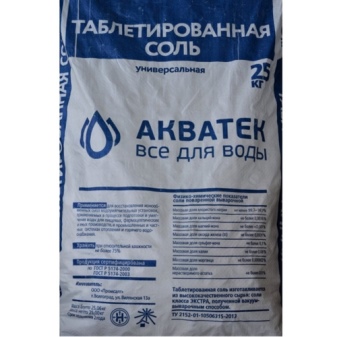
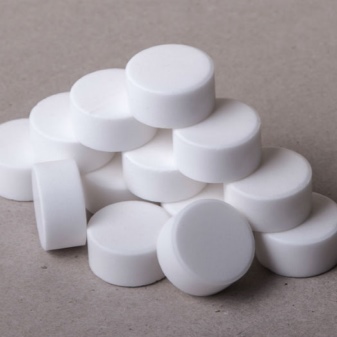
This alternative has no particular drawbacks. Tableted salt is suitable for complete replacement of special salt. One package can last up to 2 years. This alternative is economical and does not harm the technology.
Capsules "3 in 1" can hardly be called a replacement. They contain all the necessary substances that are required for washing dishes. The capsule consists of layers that gradually dissolve at different stages of the cycle.
Sodium chloride is contained in the first two layers. When using capsules, nothing needs to be added to the salt compartment. The tool is used according to the instructions, no additional action is required. Better to use capsules from the same manufacturer as the machine itself.
They replace all dishwashing detergents at once. However, on short cycles, dissolution may not work properly. You will have to re-rinse. Also, some capsules are only suitable for water with a hardness not exceeding 21 pH.
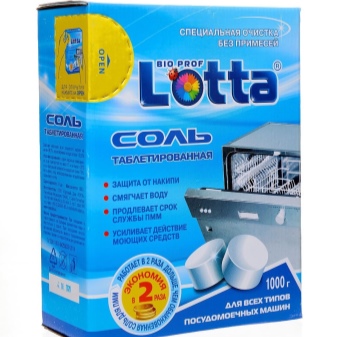
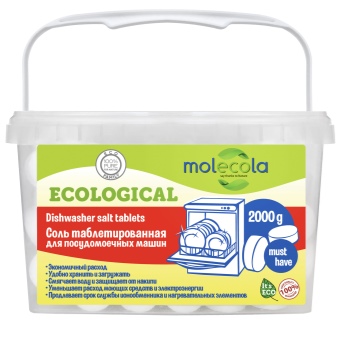
The alternative is dishwasher safe, but not economical at all.
What cannot be poured?
Replacing special salt is always risky. The wrong detergent can damage the dishwasher. It should be noted that such situations do not apply to warranty claims. Repairs can be quite costly or even impossible. Therefore, you need to know which tools cannot be used.
- Salt with impurities. Large granules with dirt will definitely break the device.
- Finely ground salt. Such a tool should not be used categorically. Small granules will simply ruin the ion exchanger filter.
- Sea salt... The product is poorly cleaned. It has more impurities than gray table salt. Large amounts of iodine and other minerals are beneficial for the human body, but not for the dishwasher system. Additives will damage the metal parts of the device.
- Soda... It is strictly forbidden to use the product. Fine granules turn into gruel after getting wet. The ion exchanger will simply get clogged with small grains and fail.
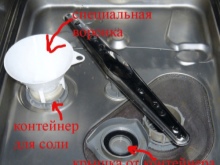
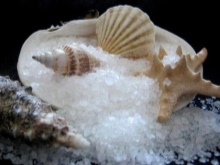
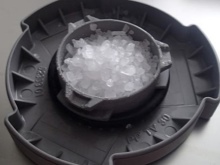













The comment was sent successfully.